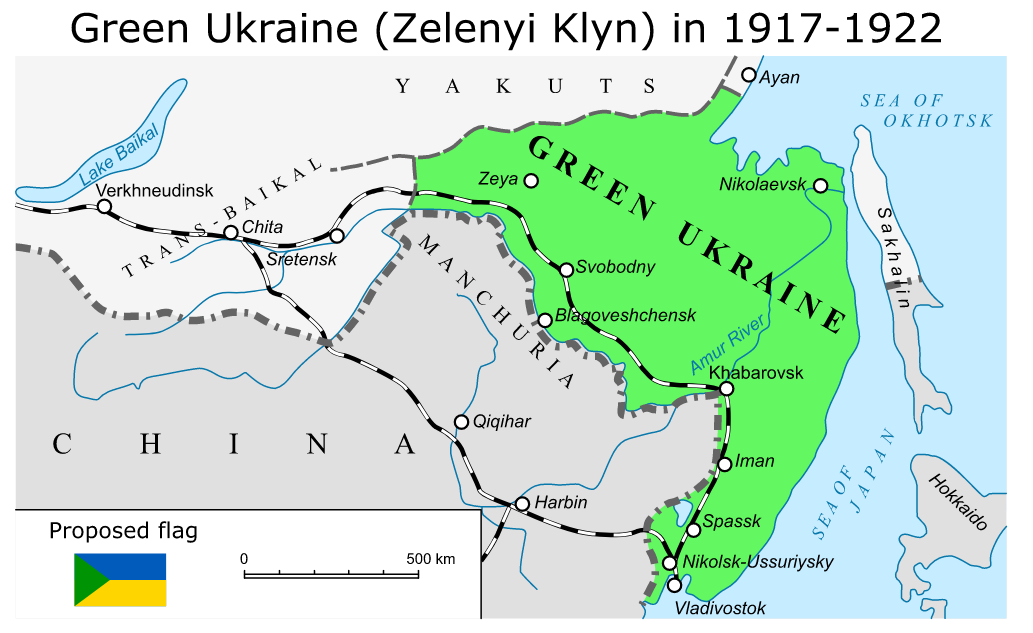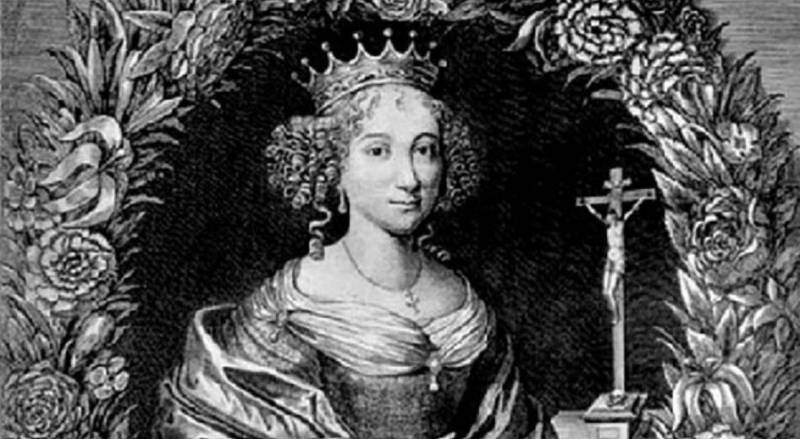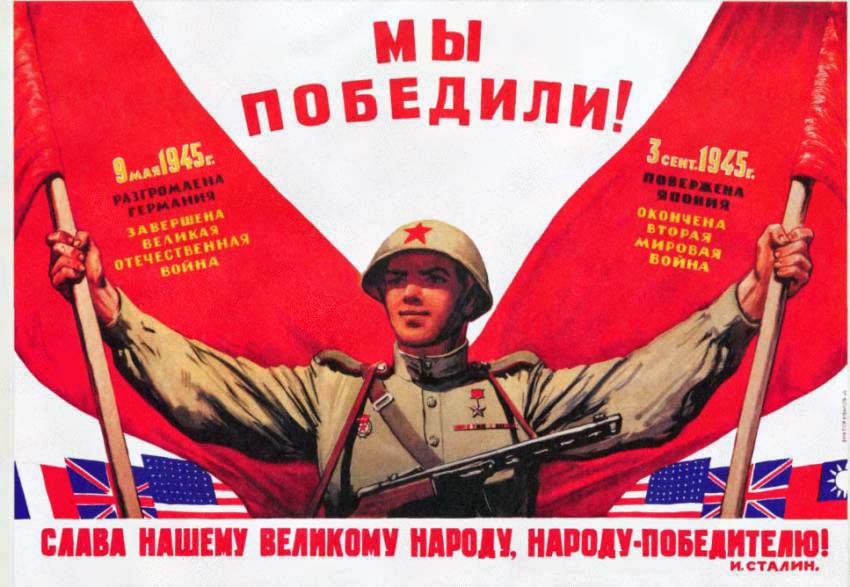Amid the mass protests in the city of Khabarovsk in the Russian Far East, a Russian commenter explains how the predominantly Ukrainian past of the entire region is now largely and intentionally ignored by the Russian authorities.
But this commonly accepted view isn’t true: Most of those who were sent to the Russian Far East were from Ukraine, Belarus and the Baltic lands, with the Ukrainians being especially dominant up until the 1920s and 1930s [at the times, this territory was known as Zelenyi Klyn (Green Wedge) or Green Ukraine, - Ed.].
But from that time forward, Soviet and then Russian institutions have sought to Russify these groups and their history, a drive that has only intensified because of Kyiv’s interest in what was once a Ukrainian territory in the Far East.

Russian commentator Maksim Goryunov says that at present Vladivostok’s Museum of the History of the Far East largely ignores the non-Russian origin of “the Russians” of the Russian Far East.
The museum mentions in passing that the ancestors of the current population of the region came from Ukraine, Belarus, and Latvia, the Russian writer says; but it doesn’t specify where precisely they came from, what languages they spoke, what institutions they had, and why they came.
In the city itself, he continues, “there is not a single Ukrainian or Belarusian restaurant/cultural center/publishing house/’society of lovers of history.’ If one didn’t read books, it would be difficult to learn that people came” from where they did, although anyone can see that many last names are anything but Russian.
From a European perspective, he says, “this certainly is not very normal.” People have and are encouraged to have a knowledge of their pasts. “But that is in Europe. Within Russia, an individual is only an individual,” and he or she takes on those attributes including identity that the state wants – and gives up those the state doesn’t want people to have.
Comments appended to Goryunov’s post suggest that at least some people in the Russian Far East remain very interested in their non-Russian origins but currently have few sources to turn to for information besides elderly members of their families who remember something of what is becoming an ever more distant past.
It wasn’t always like that. Ukrainians in the Russian emigration in China promoted Ukrainian identity in the Far East as did the Japanese right up to World War II. And for a brief period in the mid-1980s, the United States even broadcast in Ukrainian to the Russian Far East from Japan.
Read more on Zelenyi Klyn (Green Wedge) and Kuban:
- Moscow deliberately undercounting ethnic Ukrainians in Russia, Kyiv official says
- Japanese expert: Ethnic Ukrainians form 60% of Northern Territories’ (Kuriles’) population
- Russian nationalists oppose Moscow’s plan to resettle Ukrainian refugees in Far East
- Stalin’s anti-Ukrainian policies in RSFSR prove Holodomor was a genocide
- 83-86% of the Black Sea Cossacks in Kuban region were Ukrainian
- A real ‘wedge’ issue: Ukrainian regions in the Russian Federation
- Kuban might pursue independence but won’t become part of Ukraine, Russians say
- Russians repress Ukrainians in Far East and threaten to deport Crimean Tatars there





